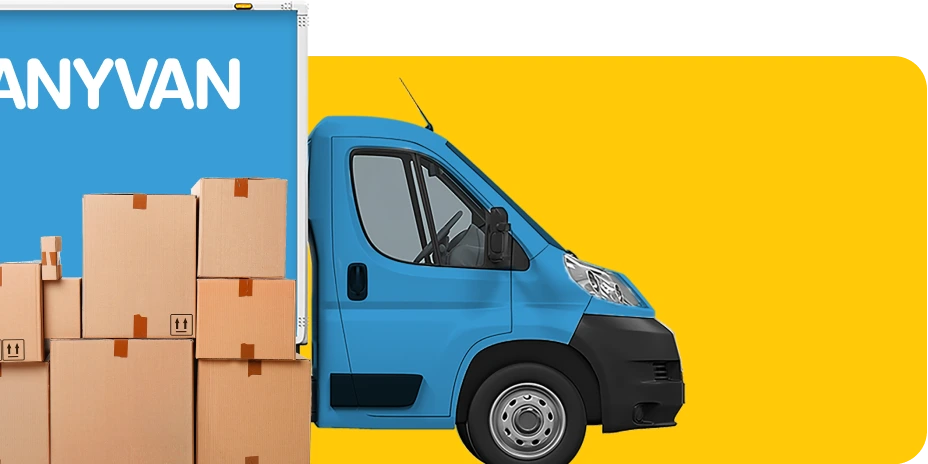Selling your current home
So that’s what those lovely estate agents are for! These costs only come into play if you are selling the property you are moving from. The cost is based on the sale price of the property and will usually be between 1% to 3% giving an average of £5,000 for 2% of the property price.
Valuation of your new home
If you are a first time buyer, in order to actually obtain a mortgage (even if the bank of mum and dad chip in), a valuation needs to take place so that the mortgage provider knows how much money they should lend you. The cost can vary between £150-£1,500 depending on the property’s value and can depend on the type of mortgage you take out.
Property surveyors
So, you think you’ve found your dream home and have the funds to purchase it - but it would be a good idea to check if the building is structurally as sound as the visual appeal that drew you to it in the first place.
Property surveyors charge roughly between £250-£600 to assess whether there are any issues with the building itself. This cost may be optional but could end up saving you a lot of money down the line if maintenance and repairs are needed to fix problems that would have been identified at the start.
Conveyancing
So you are happy with the condition of your prospective home and have agreed on a price with the seller, you now need to legally transfer the ownership of the property from them to yourself. This is known as conveyancing.
Unless you’re comfortable in legal matters and prepared to do all the paperwork connected to moving homes, you will need to hire a conveyancer. A conveyancer is simply a specialist property lawyer.
The costs of conveyancing will usually range from £500 to £1,500. On top of that, £250-£300 should be budgeted if you want a conveyancer to conduct local searches which will look into such things as flood risks or potential development in the area that might affect the property in the future.
Stamp duty
The tax man cometh! Your conveyancer will be the one who pays this item of taxation, known as the Stamp Duty Land Tax, on your behalf. Often mentioned when the Chancellor of the Exchequer delivers the annual budget, its name derives from the time an actual stamp was required on documents to certify the tax had actually been paid.
Stamp Duty Land Tax is paid on properties worth more than £250,000, and applies in England, Wales and Northern Ireland. Scotland has the Land and Buildings Transaction Tax, introduced in 2015. Stamp Duty is now taxed at varying thresholds above the £250,000 with a varying rate for each threshold.

















